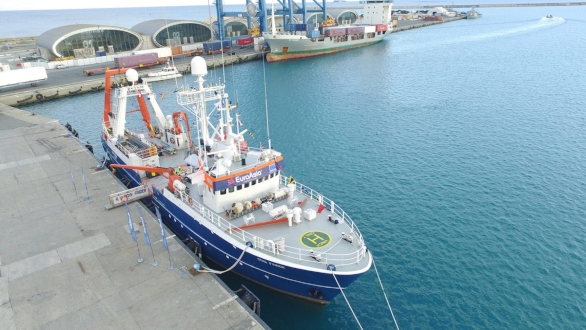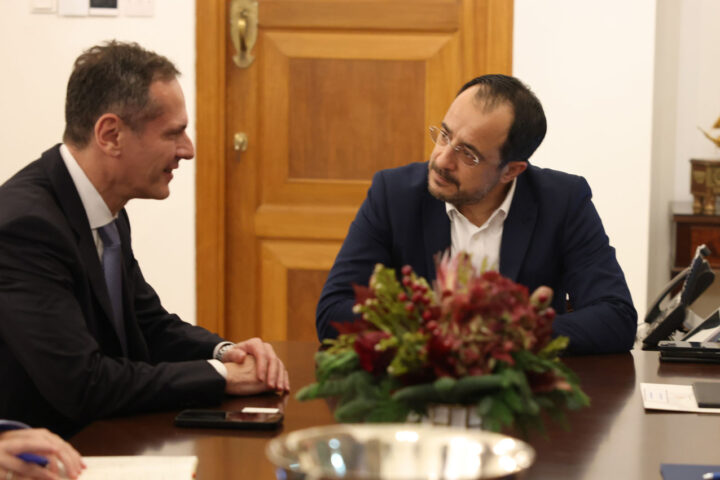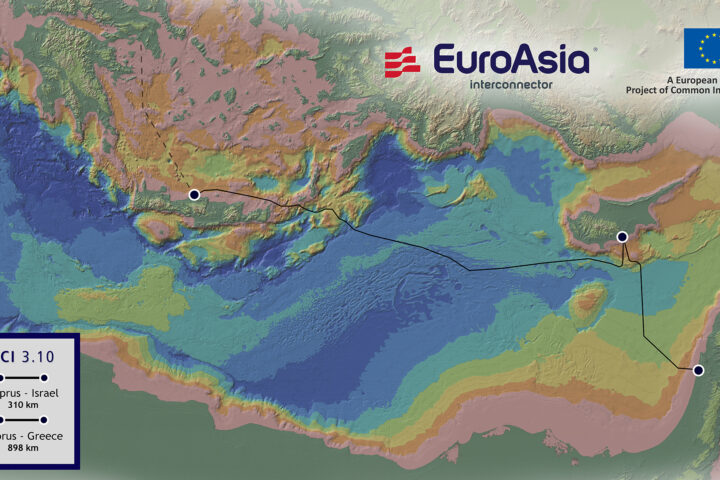EuroAsia Interconnector, the Israel-Cyprus-Greece electricity line with a capacity to carry more than the island needs, will significantly help reduce consumer bills and make the economy more competitive.
With household bills soaring due to rising energy costs worldwide following Russia’s invasion of Ukraine and the impact on crude oil and natural gas markets, any option for cheaper electricity will be music to the ears of all consumers and businesses.
Rates have remained high as the island is not interconnected to electricity grids in any other country, and local power production still uses diesel fuel, resulting in high emission fines.
EuroAsia recently signed a world-record €1.43 bln contract with the French-Norwegian consortium Nexans to supply the subsea transmission cable that will connect the power grids of the three countries with the wider European network.
With an initial capacity of 1,000MW, rising to 2,000MW in the second phase, the cable will have high-voltage DC converter stations in each country built by Siemens.
The two global giants will build the longest electricity cable in the world, with the Cyprus-Crete link at 890 km and a further 310 km to Israel, reaching record depths of 3,000m on the Mediterranean seabed.
Even rival manufacturers are keen to see this project complete in time by 2029, as it will be a world-first in technical specifications.
Renewables
Thanks to an EU grant of €658 mln and €100 mln from the Recovery and Resilience Fund, the EuroAsia Interconnector will carry electricity generated from renewables sources (solar parks and find farms), meeting the EU’s ‘Green Deal’ policy while power companies may resort to cheaper natural gas.
Apart from lowering the cost burden on the Cyprus economy, and electricity bills, this unique infrastructure will help meet CO2 emission reduction targets by the end of the decade, something Cyprus could not do alone.
“The benefits from the construction and operation of the EuroAsia Interconnector, connecting the national electricity grids of Israel, Cyprus and Greece (Crete) with Europe, will be significant and ongoing,” EuroAsia said.
“Construction of the EuroAsia Interconnector will end the energy isolation of Cyprus, the last non-interconnected EU member state.
“It will result in the electricity cost and consumer bills to be reduced significantly, which will come as a relief to households and businesses and make the Cyprus economy more competitive.”
With the budget to complete the EuroAsia now approaching €1.9 bln, due mainly to rising costs by the manufacturers, the geopolitical benefits are considered priceless.
“It will enhance Cyprus’ position in the southeastern European energy map and the eastern Mediterranean.”










